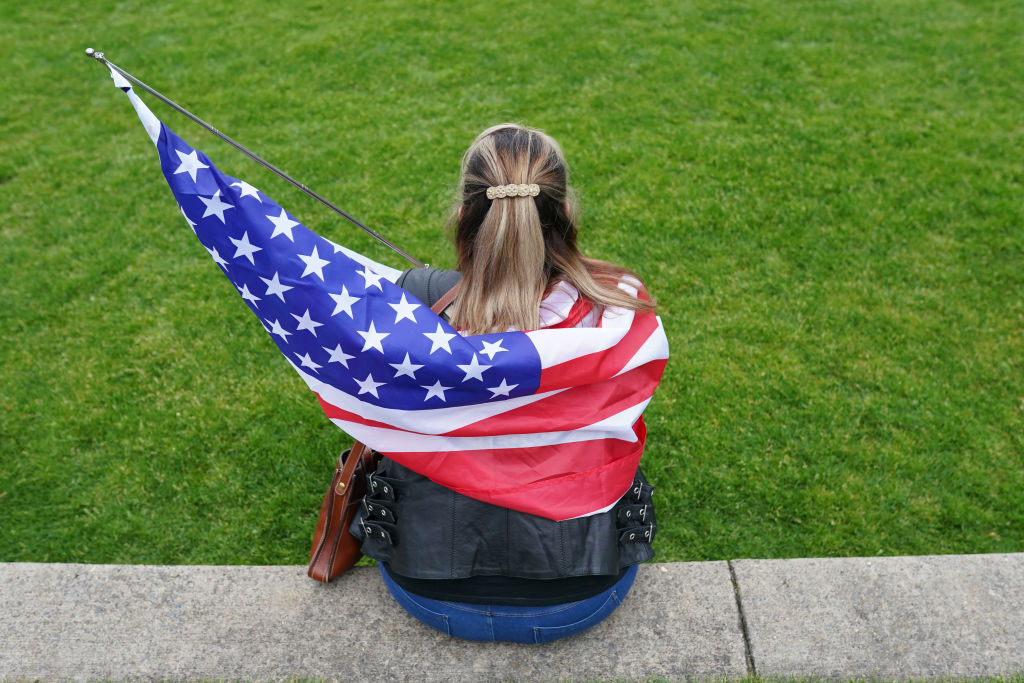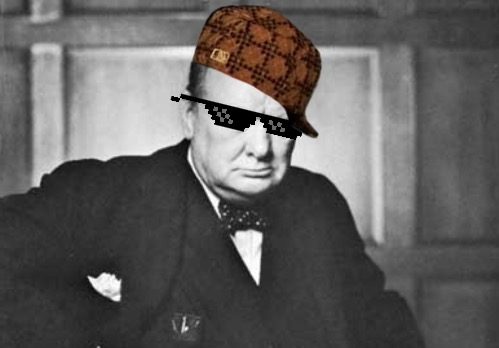Does politics have an answer to digital disenchantment?
Firebrands First

The political necessity of fighting spirit
In Tales of the Hasidim, a collection of vignettes and folktales collected in Eastern Europe in the early 20th century, the great Jewish theologian Martin Buber tells a story of a 18th century Hasidic rabbi:
A Hasid complained to Rabbi Wolf that certain persons were turning night into day playing cards. “That is good,” said the Zaddik [holy man]. “Like all people they want to serve God and don’t know how. But they are learning to stay awake and persist in doing something. When they have become perfect at this all they need to do is turn to God—And what excellent servants they will make for him.”
While there are a number of lessons one might unpack from this little tale, perhaps the most important is that the rabbi saw an essential seed of redemption even in these fallen men doing foolish things. Their ability to stay up into the night, in this case, playing cards and doubtless engaging in other forms of dissipation, could eventually be converted to staying up all night and studying the Torah, the ideal activity in the Hasidic community. The key trait was a willingness and ability to stay up all night. With this critical ability, the Rabbi suggests, perhaps somewhat puckishly, any other failures can be overcome.
Today the right finds itself in much the same position vis a vis its apparent wastrels. Our version of those cardplayers are the enthusiastic though unpolished instinctive lovers of American liberty battling against the increasingly totalitarian left and the surrender caucus in our own party.
In some cases, those untutored supporters may be inconsistent in their policy perspectives. Maybe their personal behavior, motivated by that same fighting spirit, may descend into boorishness or unwise confrontation. At times, their willingness to fight may not to be able to overcome policy or personal lapses so serious that they ultimately become a liability. But tactics and strategy can be taught to those willing to learn. It is much more difficult to teach a coward to be brave.
Such rhetoric makes establishment conservatives uncomfortable. “‘At least he fights’ became kind of an unofficial mantra of the Trump brigades,” sniffed Never-Trumper Jonah Goldberg. Such disdain for Trump’s fighting spirit was ubiquitous among the perennial losers at the The Bulwark or the Washington Post‘s house conservatives.
Ultimately, these people despise the fighting spirit of Trump and other grassroots conservatives so much because it exposes their own lack of it. We should not waste time arguing with them, because their north star is cowardice and submission. Their fundamental fight with the left is who is going to get to be in the DC green room this week.
President Lincoln understood that a fighting spirit is the sine qua non of effectiveness. “I can’t spare this man,” he said of General Grant, whose personal flaws led advisors to urge Lincoln to fire him. “He fights.” Closer to our own time, Reagan may have typified the “happy warrior” but in the end he was a warrior—not a flatterer.
Our domesticated pseudo-right critics are correct to point out that a fighting spirit is not sufficient for success, and Trump’s targets were sometimes misplaced. But the fact that his critics within his own party would deny the critical importance of fighting spirit shows why, however charmed their words, they can never, absent a fundamental change of heart, be useful allies to us.
William F. Buckley wrote in his initial publisher’s statement in National Review that “radical conservatives in this country have an interesting time of it, for when they are not being suppressed or mutilated by the Liberals, they are being ignored or humiliated by a great many of those of the well-fed Right, whose ignorance and amorality have never been exaggerated for the same reason that one cannot exaggerate infinity.” We have the same problem with the “well fed” right today, and that is why the GOP must embrace and educate, not marginalize, its firebrands. For they have courage, without which victory is not possible.
Such courage can be found in the trenches of political warfare, but can also be found wearing black robes. Even when conservatives might disagree with a ruling from Clarence Thomas and Samuel Alito, we can be sure that neither their vote nor their reasoning was swayed by fear of the New York Times editorial board. Contrast that to John Roberts, by all accounts a very bright man of conservative instincts and temperament, but utterly lacking in fighting spirit.
If our warriors sometimes lack grace or knowledge, it is our job to educate, inform, and, where possible correct them. But these firebrands have the essential ability to “stay up turning night into day” that will be required of us if we are to win. Even when they frustrate us we must have faith that we can “turn them to God” and make them excellent servants for our mutual cause.
Again, we can learn from Martin Buber, who in another tale, tells of Rabbi Zusya, who before his death told his students: “In the coming world, they will not ask me: Why were you not Moses? They will ask me: Why were you not Zusya?”
To win the day against the radical left, we do not need a Moses. Such leaders are enormously rare indeed, and while to wish for such a figure is understandable, to plan on such a figure as the core of our strategy for victory would be pure folly.
Instead, we need an army of Zusyas, who whatever their shortcomings and flaws, have the courage to fight our enemies and unapologetically be themselves.
The American Mind presents a range of perspectives. Views are writers’ own and do not necessarily represent those of The Claremont Institute.
The American Mind is a publication of the Claremont Institute, a non-profit 501(c)(3) organization, dedicated to restoring the principles of the American Founding to their rightful, preeminent authority in our national life. Interested in supporting our work? Gifts to the Claremont Institute are tax-deductible.
The case of Reddit shows how bad it’s gotten.
There is nothing manly in throwing up your hands.



